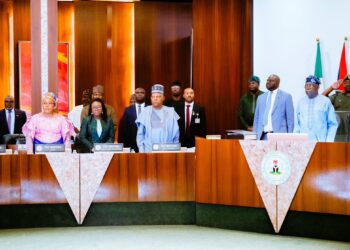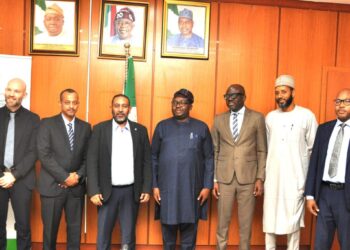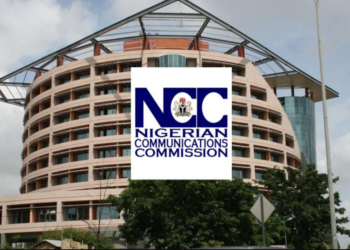Adebayo Adelabu, the Minister of Power, stressed the significance of harnessing renewable energy sources, which include solar, hydro, and wind, to reduce carbon emissions and spur economic growth with increased job prospects.
He believes that this approach will not only mitigate carbon emissions but also stimulate economic growth and foster job opportunities.
This was made known at the Nigeria Energy Exhibition and Conference in Lagos, as disclosed in a statement on Thursday.
The conference, which was organised by Informa Markets and stakeholders from both public and private sectors discussed issues around developing the power sector in the country.
He said,
- “There is a need for increased attention towards exploring renewable sources like solar, hydro, and wind, which not only reduce carbon emissions but also spur economic growth and job creation.”
- “Beyond improving our transmission and distribution infrastructures, we must invest in Metering technology. Today we have over eight million metering gaps in Nigeria. We must reduce or eliminate this gap and come up with technology to ensure that connections are monitored and we are able to collect not less than 90% of the power distributed.
- “All households, small businesses, government institutions, and industries must be properly metered so that everybody must account for their power usage and then pay for it.”
He also pledged to boost the power generation companies’ storage capacity in Nigeria to a minimum of 20,000 megawatts within three years. He also committed to bridging the substantial 8 million units metering gap in the nation’s power sector.
Adelabu emphasised the paramount importance of energy in driving economic growth and industrial development stating;
- “My vision between now and the next three years is to increase the storage capacity of our generating companies to at least 20,000 megawatts,” he said.
More Insights
- The Exhibition Director, Nigeria Energy at Informa Markets, Ade Yesufu, while highlighting the importance of the Conference noted that “With the Nigerian government’s commitment to advancing the power sector in 2023 and beyond, a $20 billion investment plan is set to pave the way for the establishment of new power plants and transmission lines, bolstering electricity generation and grid stability.”
He further elaborated that a pivotal component integral to this transformative process was the implementation of competition and the active engagement of the private sector within the electricity market.
This significant development marked the dawning of a fresh era in Nigeria’s energy landscape, signifying a momentous shift towards a more dynamic and diverse energy sector that holds the potential to reshape the nation’s power generation and distribution landscape.























